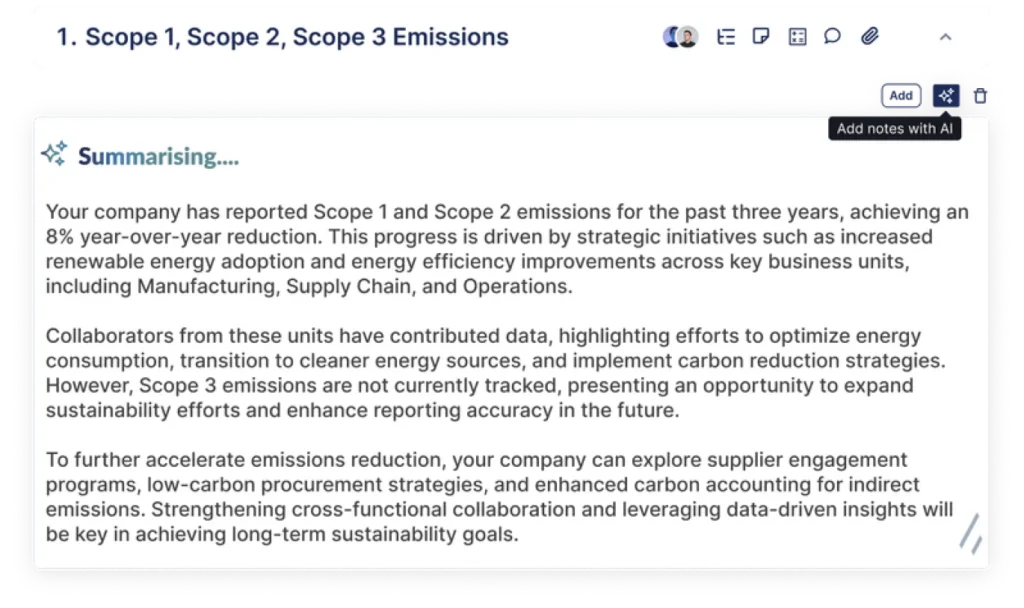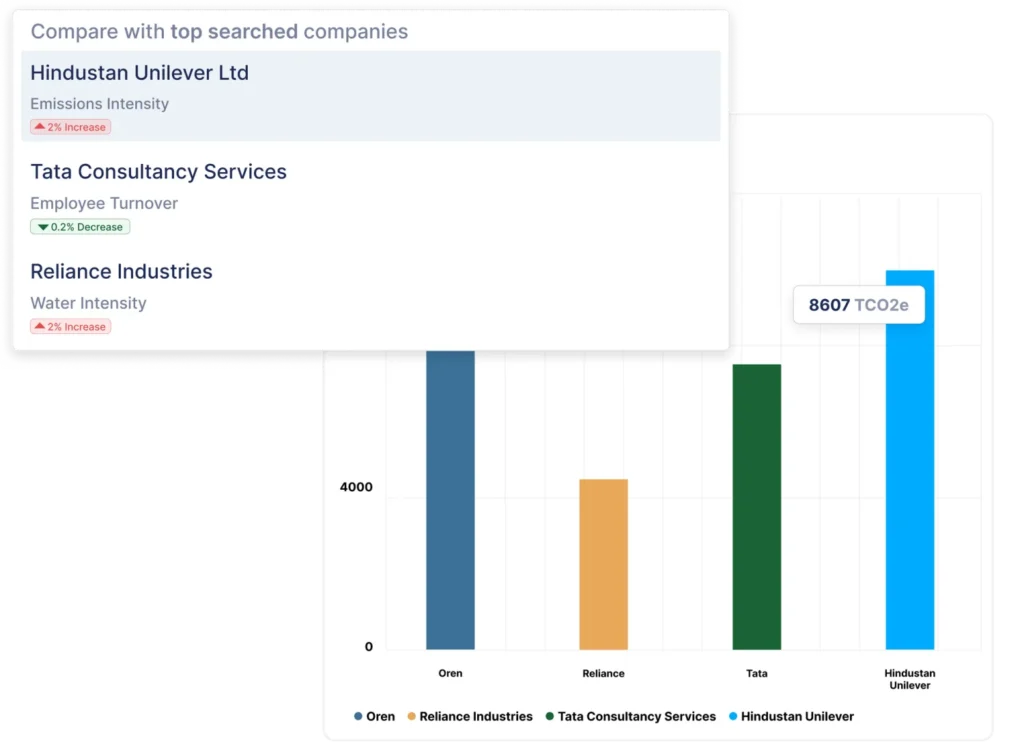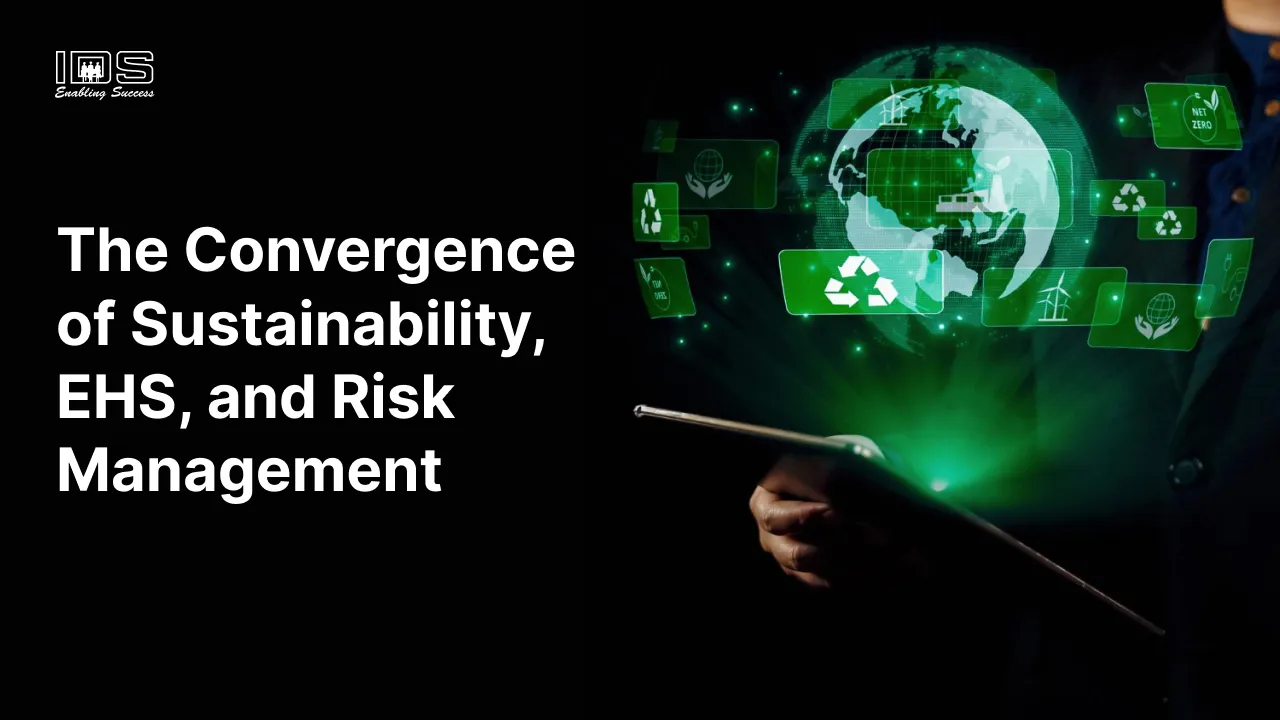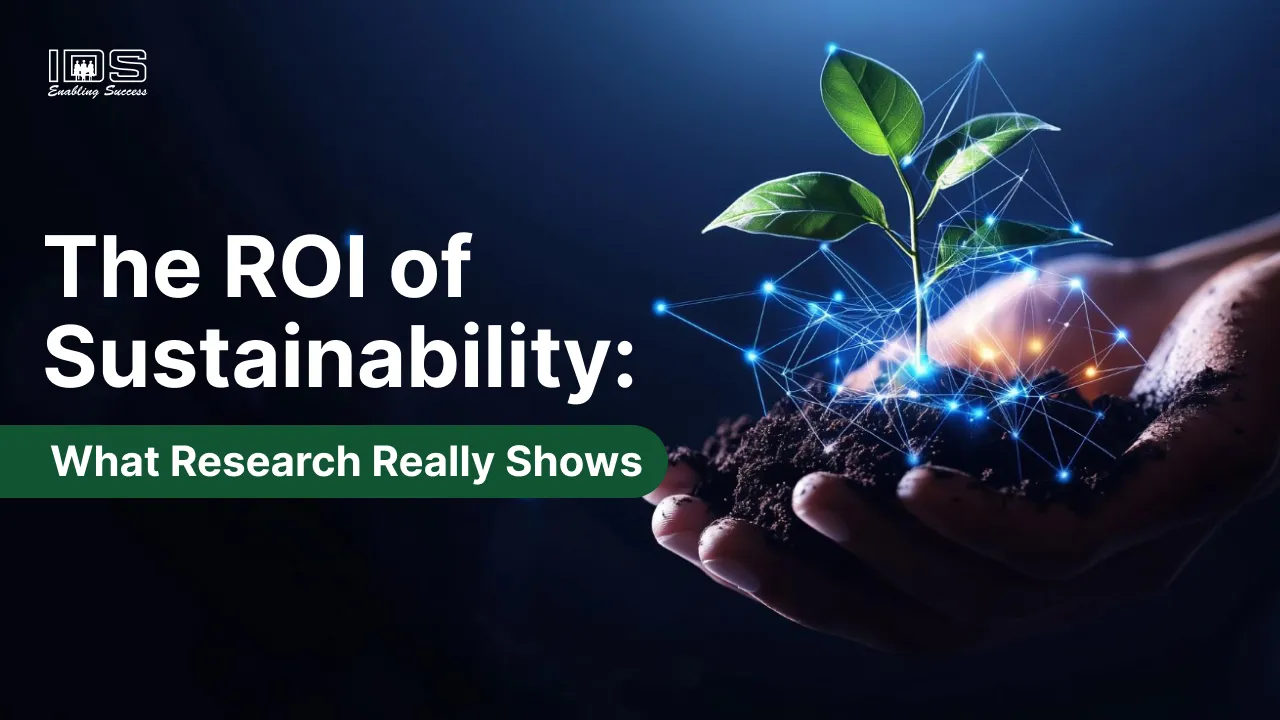AI-Powered CSRD (ESRS) Reporting — Built for Assurance
The Science Based Targets Network (SBTN) offers a detailed framework for businesses to address environmental risks across biodiversity, oceans, freshwater, land, and climate. It aligns operations with nature’s limits to support stronger sustainability and adaptability.
With SBTN, companies can establish environmental targets, communicate their impact, and foster meaningful progress. From early-stage planning to advanced strategies, it provides the tools to act responsibly and grow with purpose while preserving natural systems.
How IDS Simplifies Your Sustainability Journey
Ready-to-use ESRS-based Template
Use our ESRS-compliant template to streamline CSRD reporting and get started with minimal setup time
Auto-mappingof Data
Streamline your reporting process by automatically linking your data to relevant ESRS points and enabling double materiality review
Incorporate Proven Practices
Boost the accuracy and depth of your CSRD submissions by referencing peer performance and established ESRS guidelines
Compelling, Impactful CSRD Reports
Prepare CSRD disclosures that meet the highest assurance standards while ensuring transparency and fulfilling compliance duties.

AI-Driven Sustainability Reporting for CSRD
Our intelligent platform helps you meet every CSRD mandate with ease—automating data collection, aligning with existing systems, and improving sustainability performance monitoring.
- AI-Driven Reporting IntelligenceStreamline sustainability reporting by automating data workflows with AI, ensuring alignment with CSRD and ESRS directives.
- Smooth Integration & Instant CoordinationTuEasily link sustainability metrics with financial information to support real-time collaboration and a consistent reporting workflow.
Get CSRD-Ready Efficiently with an All-inclusive Toolset
From double materiality reviews to data handling and gap assessments, our SaaS platform—backed by ESG specialists—keeps you future-ready and fully aligned with CSRD mandates while advancing your sustainability goals.
- Double Materiality & Compliance Check Conduct adaptable double materiality evaluations and spot disclosure gaps to align with CSRD mandates and EFRAG recommendations.
- Consolidated Data Management Save time and reduce errors by managing both ESG and financial data within one integrated solution aligned with global frameworks.

Accelerate Your Sustainability Journey
FAQs
The Corporate Sustainability Reporting Directive is a regulation introduced by the European Union to strengthen and broaden the scope of sustainability disclosures. It mandates that companies present clear, consistent, and verifiable information on their environmental, social, and governance (ESG) practices, aiming to enhance transparency for investors and other stakeholders.
The directive is applicable to large-scale enterprises that fulfill at least two of these conditions:
- A workforce exceeding 250 employees
- Net revenue above €40 million
- Balance sheet total over €20 million
Additionally, it includes all organizations listed on regulated EU markets, excluding micro-enterprises. Proposed revisions may increase the employee threshold to 1,000, which would narrow the scope of companies that must comply.
Organizations falling under CSRD must provide comprehensive disclosures on topics such as:
- Environmental concerns (e.g., climate action, energy/resource use)
- Workforce-related topics (e.g., labor conditions, inclusion)
- Respect for human rights
- Anti-corruption and ethical business practices
- Corporate governance
The reporting must reflect both the business impact on these issues and how these issues affect the business—an approach referred to as double materiality.
CSRD compliance is being rolled out over several phases:
- FY 2024-25: For large businesses already governed by the Non-Financial Reporting Directive (NFRD)
- FY 2025-26: For other large companies previously outside the NFRD
- FY 2026-27: For listed SMEs, small credit institutions, and specific insurers
However, there are indications that some reporting timelines may be pushed to mid-2028.
Yes, non-EU entities with significant business presence in the EU will also be subject to CSRD. This applies to firms with over €150 million in net revenue from the EU, along with at least one qualifying EU-based subsidiary or branch.
The ESRS outlines the detailed reporting framework under the CSRD. These standards guide what sustainability metrics companies must report, ensuring the data is thorough, sector-relevant, and consistent across organizations.
Yes, under CSRD, companies must have their sustainability information reviewed by an independent auditor or verification body. This limited assurance process adds credibility and ensures accuracy in reporting.
Yes, some exemptions and simplified reporting frameworks exist. For example, sector-specific guidance is available, especially for industries heavily exposed to climate risks, such as energy, construction, agriculture, and transportation. These frameworks provide more tailored reporting suggestions.
Blogs
Industry Insights to Help You Stay Ahead in Compliance and Sustainability
Accelerate Compliance. Reduce Carbon Footprint. Unlock Sustainable Growth.
Our Global Presence

UK
London

EUROPE
Netherlands

USA
New York
INDIA
Mohali (HQ)
Mohali
Mohali
Chandigarh
Noida
Noida



